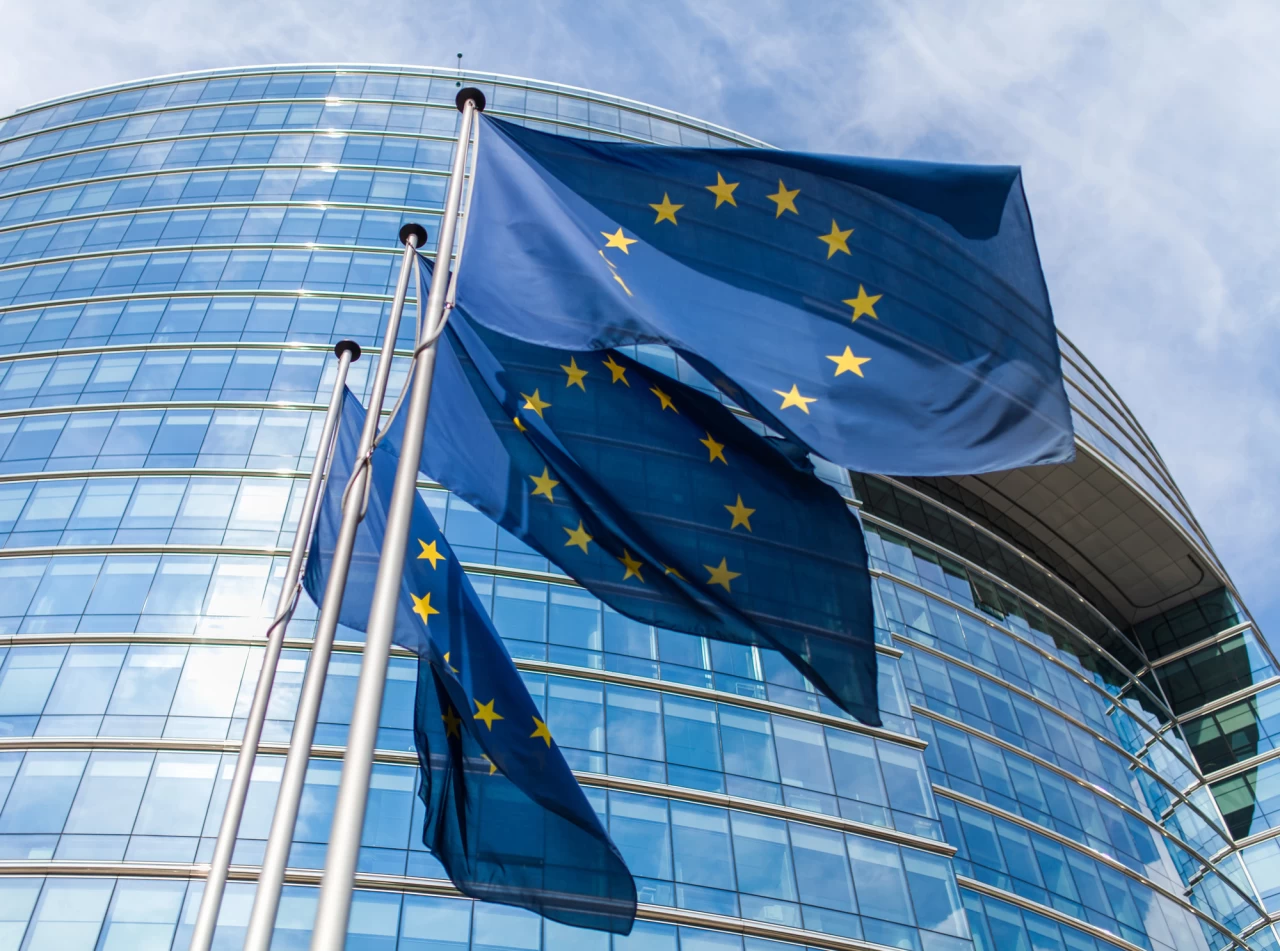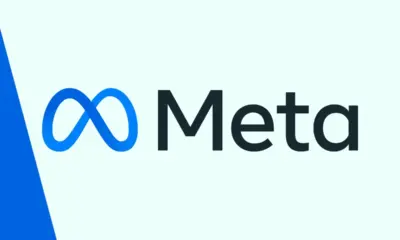Technology
European Commission Flags Compliance Issues for Meta and TikTok

The European Commission has raised concerns that both Meta and TikTok might be in violation of the European Union’s Digital Services Act (DSA). This legislation, which aims to ensure safer online spaces, mandates that companies take responsibility for the content shared on their platforms. The Commission’s scrutiny comes as part of a broader effort to enforce compliance among tech giants operating within the EU.
The DSA, which came into effect in July 2024, sets stringent requirements for digital services, including transparency in advertising, user data protection, and mechanisms to counter disinformation. According to the Commission, both Meta and TikTok have displayed shortcomings in meeting these obligations. The regulators are particularly focused on how these platforms manage harmful content and their responsibility in moderating such material.
In a statement, the European Commission highlighted that exceeding compliance expectations is crucial for safeguarding users in the digital environment. It pointed out that both companies must enhance their practices to align with the DSA’s provisions. These include improved reporting mechanisms for illegal content and more transparent advertising practices.
The implications of non-compliance could be significant. Companies that fail to meet DSA standards may face hefty fines, which can reach up to 6% of their global revenue. For Meta, this could translate into billions of euros, given its substantial earnings. TikTok, while smaller in comparison, still commands a large user base and would similarly be impacted financially.
Regulatory bodies have been increasingly vigilant regarding how social media platforms operate, particularly in the wake of rising concerns around user safety and misinformation. As the EU intensifies its focus on digital regulation, Meta and TikTok must navigate these challenges carefully to avoid potential sanctions.
In response to the Commission’s concerns, both companies have stated their commitment to improving compliance and protecting users. Meta reiterated its ongoing efforts to enhance content moderation systems while TikTok emphasized its investment in local teams to better address regulatory requirements.
The situation underscores a growing trend where tech companies are held accountable for their platforms’ content and user interactions. As the DSA continues to shape the landscape of digital services in Europe, Meta and TikTok’s ability to adapt will be closely monitored by regulators and the public alike.
Moving forward, these developments will likely prompt other digital service providers to assess their own compliance with the DSA. The European Commission’s actions reflect an unwavering commitment to uphold user safety and promote transparency across the digital ecosystem.
-

 Technology5 months ago
Technology5 months agoDiscover the Top 10 Calorie Counting Apps of 2025
-

 Health3 months ago
Health3 months agoBella Hadid Shares Health Update After Treatment for Lyme Disease
-

 Health3 months ago
Health3 months agoErin Bates Shares Recovery Update Following Sepsis Complications
-

 Technology4 months ago
Technology4 months agoDiscover How to Reverse Image Search Using ChatGPT Effortlessly
-

 Technology1 month ago
Technology1 month agoDiscover 2025’s Top GPUs for Exceptional 4K Gaming Performance
-

 Technology3 months ago
Technology3 months agoElectric Moto Influencer Surronster Arrested in Tijuana
-

 Technology5 months ago
Technology5 months agoMeta Initiates $60B AI Data Center Expansion, Starting in Ohio
-

 Technology5 months ago
Technology5 months agoRecovering a Suspended TikTok Account: A Step-by-Step Guide
-

 Health4 months ago
Health4 months agoTested: Rab Firewall Mountain Jacket Survives Harsh Conditions
-

 Lifestyle5 months ago
Lifestyle5 months agoBelton Family Reunites After Daughter Survives Hill Country Floods
-

 Health3 months ago
Health3 months agoAnalysts Project Stronger Growth for Apple’s iPhone 17 Lineup
-

 Technology4 months ago
Technology4 months agoHarmonic Launches AI Chatbot App to Transform Mathematical Reasoning





















